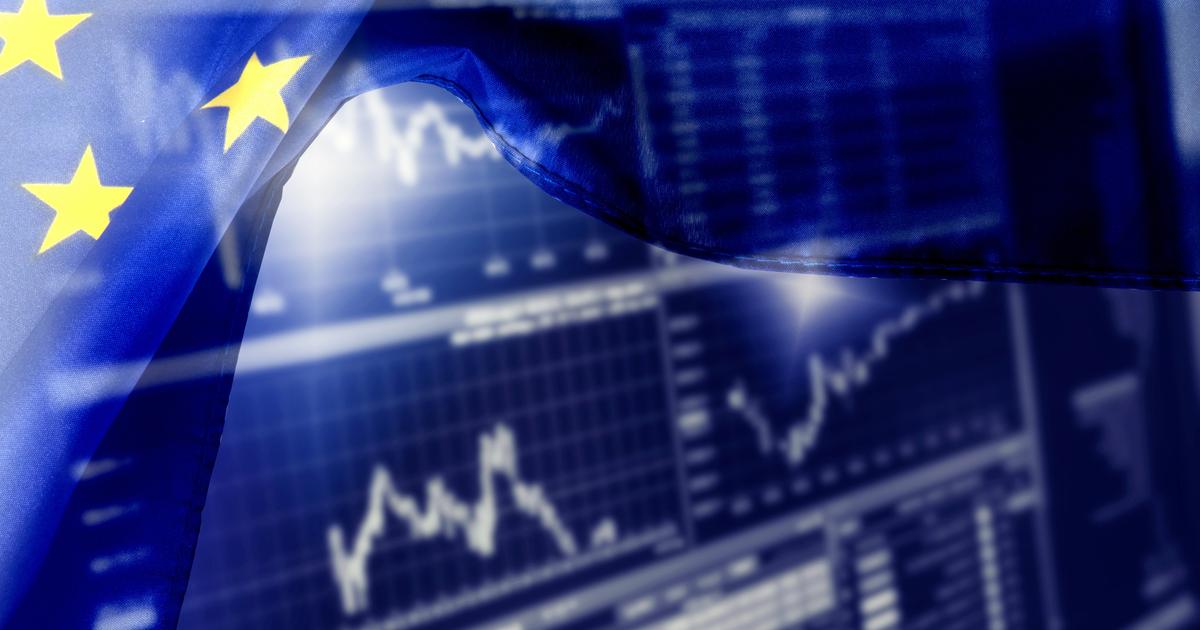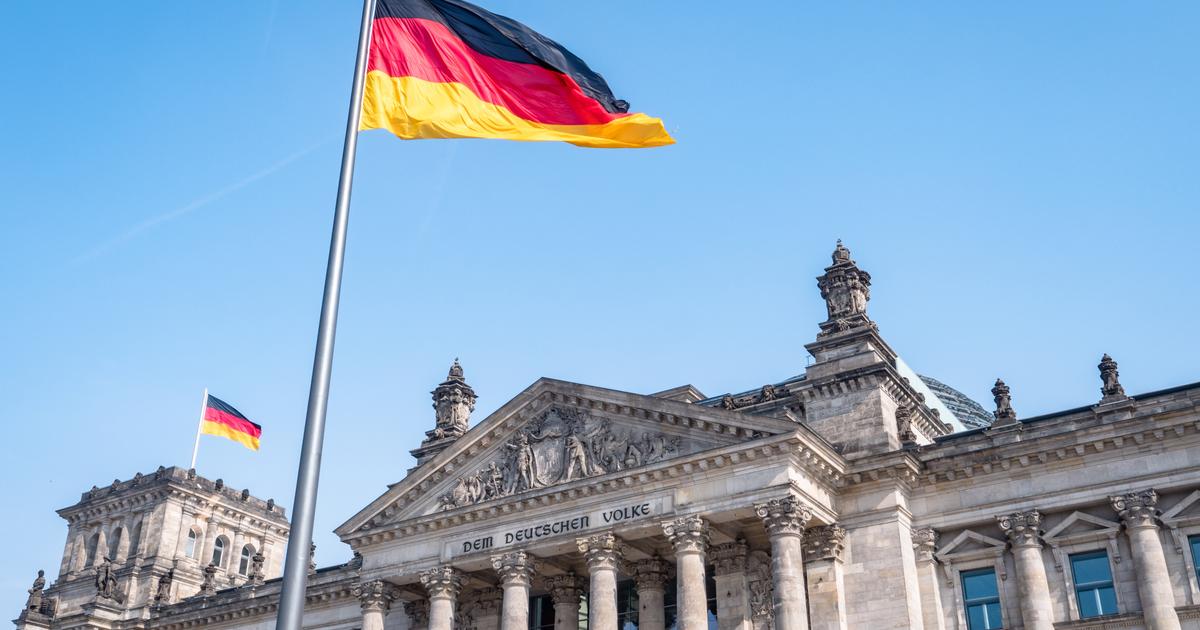The money from investors for start-ups in Germany is loose again: young companies are benefiting from a digitization boom after the corona crisis year 2020, as new calculations show.
Frankfurt / Main - First a damper in the Corona crisis, now the rapid recovery: German start-ups experienced a rain of money in the first half of the year.
According to a new study, young companies received a record sum of 7.6 billion euros from investors - three times as much as in the same period last year and more than in 2020 as a whole. The number of financing rounds also rose sharply by 62 percent to 588, as the consulting company EY calculated.
Accordingly, more start-ups received fresh money than ever before in the first half of the year.
Once again, most of the money from investors flowed into the start-up stronghold Berlin.
According to the EY analysis, founders from the capital collected 4.1 billion euros alone - three times as much as in the same period last year.
The number of financing rounds in Berlin climbed by 74 percent to 263. Bavaria follows in second place with 2.5 billion euros in fresh investments and 120 financing rounds.
The largest sums went to the Munich software company Celonis (830 million euros) and the Berlin online broker Trade Republic (747 million).
This was followed by the insurance start-up Wefox and Flixbus (539 million each) and the Gorillas delivery service (241 million).
Corona caused problems
In the past year, the pandemic had slowed the upswing of many start-ups: donors held back, financing failed, and the business of young companies became more difficult. The big feared start-up death has so far not taken place. "This year we are also seeing a corona effect, but in the opposite direction: financing activities and sums are exploding," said EY partner Thomas Prüver about the study published on Wednesday. "Above all, however, sums of money flow into individual start-ups that would have been unthinkable a few years ago."
The number of transactions with a volume of over 100 million euros climbed from 2 to 15. The number of medium-sized financing rounds from 50 to 100 million euros doubled to 16. There is a lot of liquidity in the market that has to be invested in the low interest rate environment, said Prüver. There is also a rethinking. “In the pandemic year, digitization took a huge step forward.” New business models would be seen with different eyes.
The Federal Association of German Start-ups also sees a clear upward trend.
There are catch-up effects from last year and many digital business models have gained significantly in importance in view of the crisis, said managing director Christoph Stresing.
But when it comes to very large financing rounds, Germany is still lagging behind.
The entire financing cycle, including before going public, must be strengthened.
Start-ups and fast-growing young companies already employed more than 415,000 people in Germany.
Fewer people started their own business in 2020
Start-ups are dependent on money from investors, as they usually do not initially write any profits.
Funds and large companies invest capital in promising companies in the hope that their business ideas will prevail and bring them ample profits.
Start-ups are seen as an important driver of innovation for the economy.
However, the corona crisis had ruined the plans of many start-ups.
According to data from the state development bank KfW, around 537,000 people dared to take the plunge into self-employment in 2020, a good 11 percent fewer than in the previous year.
The institute expects the economic recovery to pick up again this year.
But even if the cash injections for start-ups were again abundant recently: They are concentrated in a few locations.
According to EY, Berlin and Bavaria together account for 65 percent of all financing rounds and 87 percent of the capital invested.
"Especially the really big deals take place primarily in Berlin and Bavaria".
They are also the most visible internationally.
Not all regions benefit
Other federal states also recorded strong increases in the amount of money raised, but could not keep up.
Baden-Württemberg (307 million), North Rhine-Westphalia (171 million) and Saxony (134 million) followed by a huge margin after Berlin and Bavaria.
And one more problem remains with Germany as a start-up location: Despite some progress, there is a lack of venture capital from large investors. A current study by the German Stock Institute (DAI) shows that the lion's share of 54 percent of venture capital invested worldwide was in the USA in 2020. Europe has a share of 13 percent - per capita Germany is well behind Sweden, Ireland and Great Britain.
"Above all, companies with a specialized business model and high financing requirements are dependent on foreign investors," says DAI managing director Christine Bortenlänger. In terms of stock market financing, too, Germany lags behind the USA, where there are many risk-taking and financially strong investors. The German vaccine manufacturers Biontech and Curevac, for example, went public in the United States. dpa








